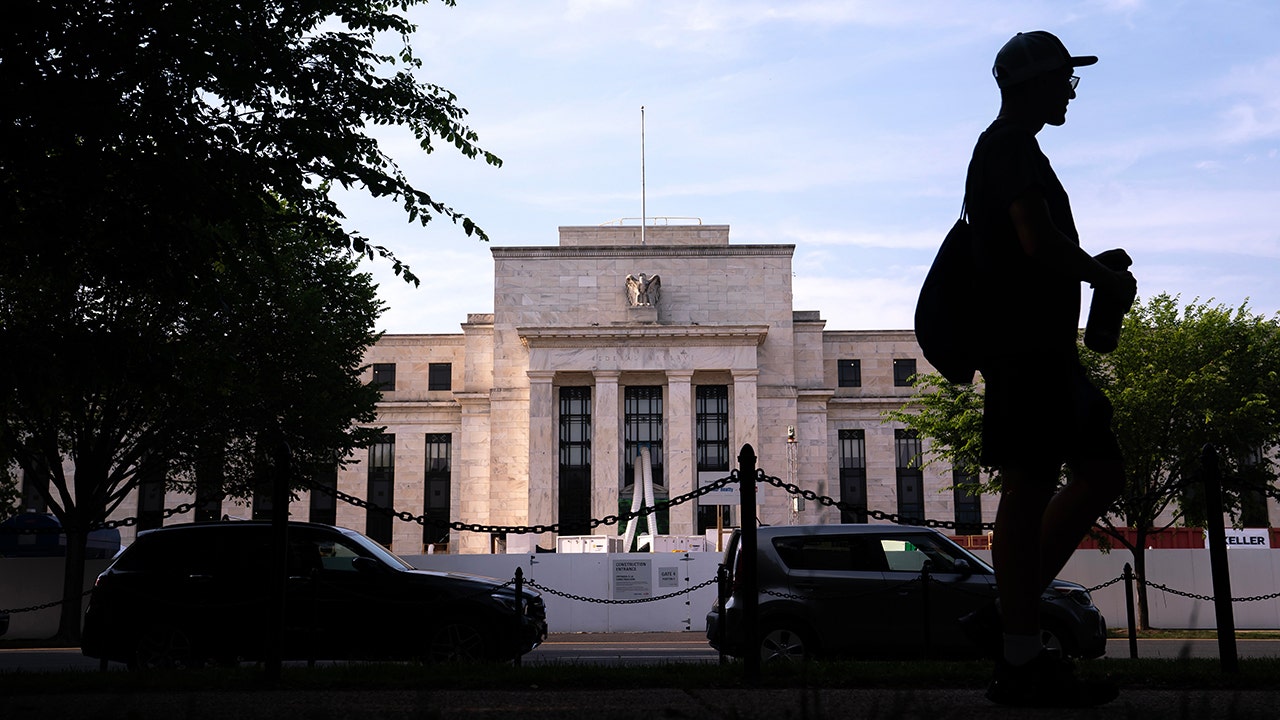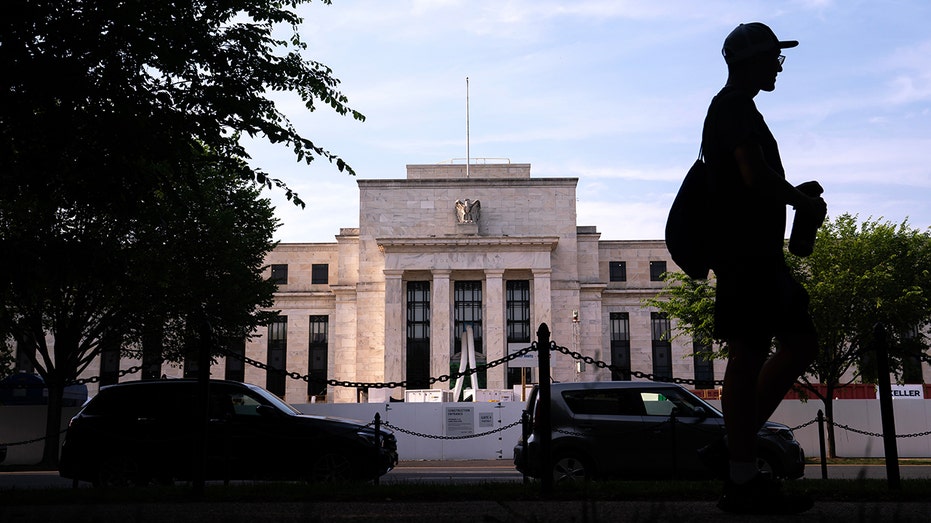Finance
Fed meeting minutes indicate interest rates could remain high for ‘some time’

Federal Reserve officials struck a more cautious note during their September policy-setting meeting amid the increasingly uncertain economic outlook, with policymakers divided over the need for additional interest-rate hikes this year.
Minutes from the U.S. central bank’s Sept. 19-20 meeting released Wednesday showed that central bank officials are cognizant about the detriments of raising interest rates so high that they cause unemployment to jump and trigger a recession – even as many penciled in another rate increase this year.
“A majority of participants judged that one more increase in the target federal funds rate at a future meeting would likely be appropriate, while some judged it likely that no further increases would be warranted,” the meeting minutes said.
FED SKIPS AN INTEREST RATE HIKE, BUT HIGH MORTGAGE RATES COULD BE HERE TO STAY
The meetings indicated that all members of the Federal Open Market Committee agreed to “proceed carefully” on future rate decisions, which they said would hinge on forthcoming economic data releases.
Even as officials were split over the need for additional rate increases, they agreed that “policy should remain restrictive for some time until the Committee is confident that inflation is moving down sustainably toward its objective.”
Officials voted at the meeting to hold interest rates steady at a range of 5.25% to 5.5%, the highest level since 2001. But policymakers also left the door open to an additional increase this year – and indicated they will hold rates at peak levels for longer than previously expected.
IMF SAYS GLOBAL ECONOMY ‘LIMPING ALONG’ AS IT FACES NEW THREAT FROM ISRAEL-GAZA WAR

“We’re prepared to raise rates further, if appropriate, and we intend to hold policy at a restrictive level until we’re confident that inflation is moving down sustainably toward our objective,” Fed Chairman Jerome Powell told reporters at a post-meeting press conference in Washington.
Hiking interest rates tends to create higher rates on consumer and business loans, which then slows the economy by forcing employers to cut back on spending. Higher rates have helped push the average rate on 30-year mortgages above 7% for the first time in years. Borrowing costs for everything from home equity lines of credit, auto loans and credit cards have also spiked.
Fed officials have increasingly noted the risk of overdoing it, even as the economy remains resilient in the face of higher interest rates.
“Participants generally noted that it was important to balance the risk of overtightening against the risk of insufficient tightening,” the minutes said.
Read the full article here


















